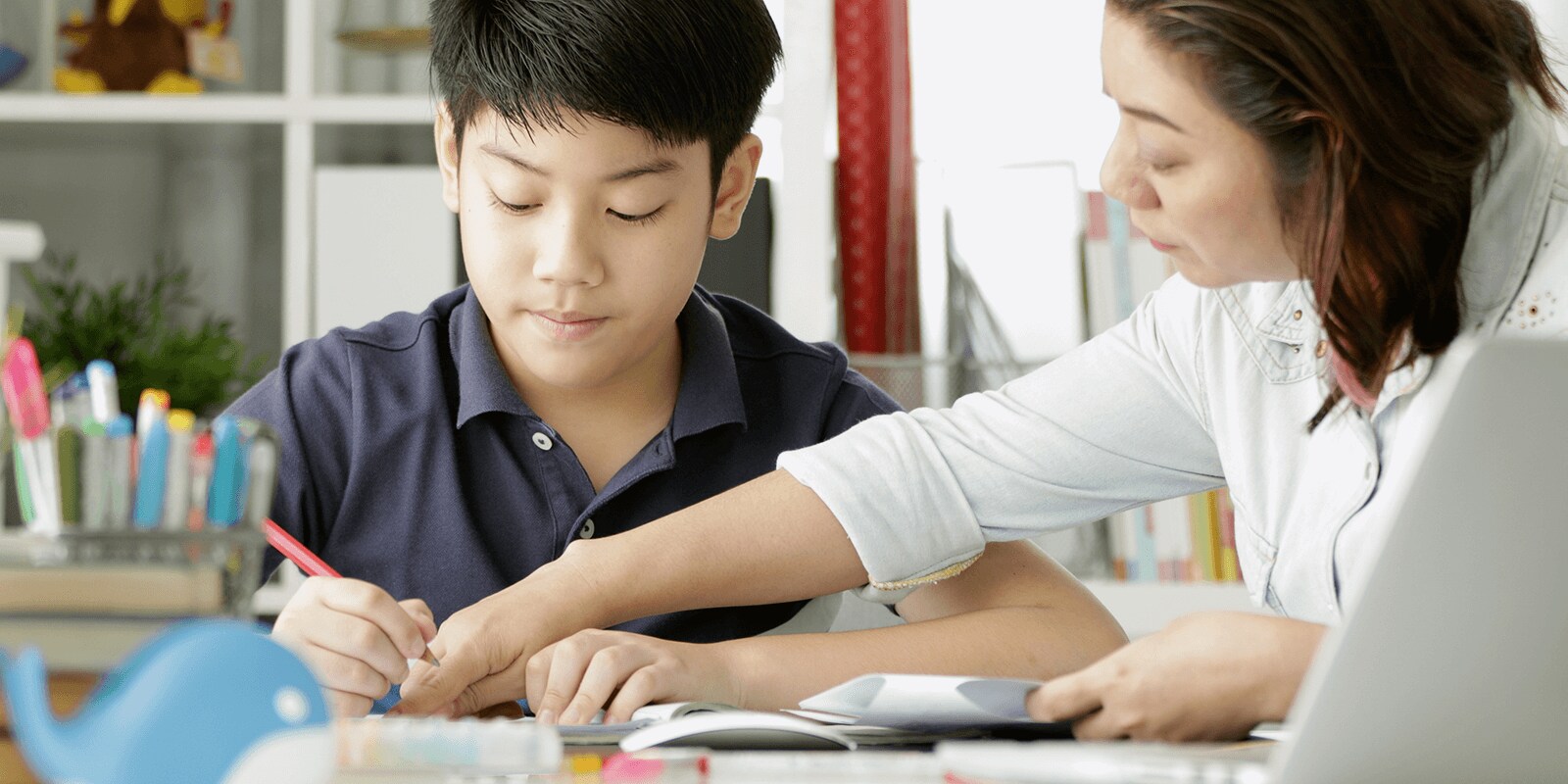The mental toll of social media on teens (and how to combat it)

When used responsibly, social media can provide a means for social connectedness, support, information, and entertainment for teens, all of which can be beneficial to their mental health and well-being. However, social media can also expose teens to anxiety, depression, body image issues, cyberbullying, peer pressure, racism, prejudice, sleep disorders, and addiction. These effects may be related to the amount and type of social media use, as well as the developmental stage of each teen.
Read more







